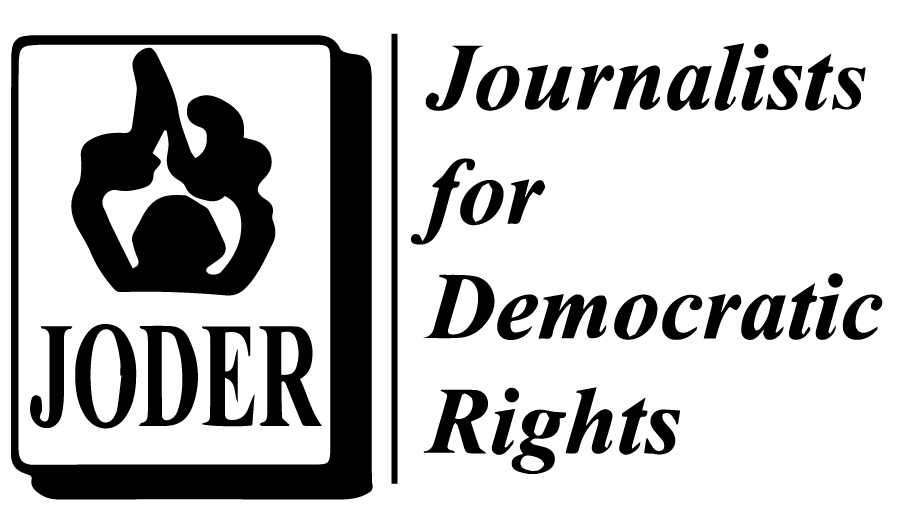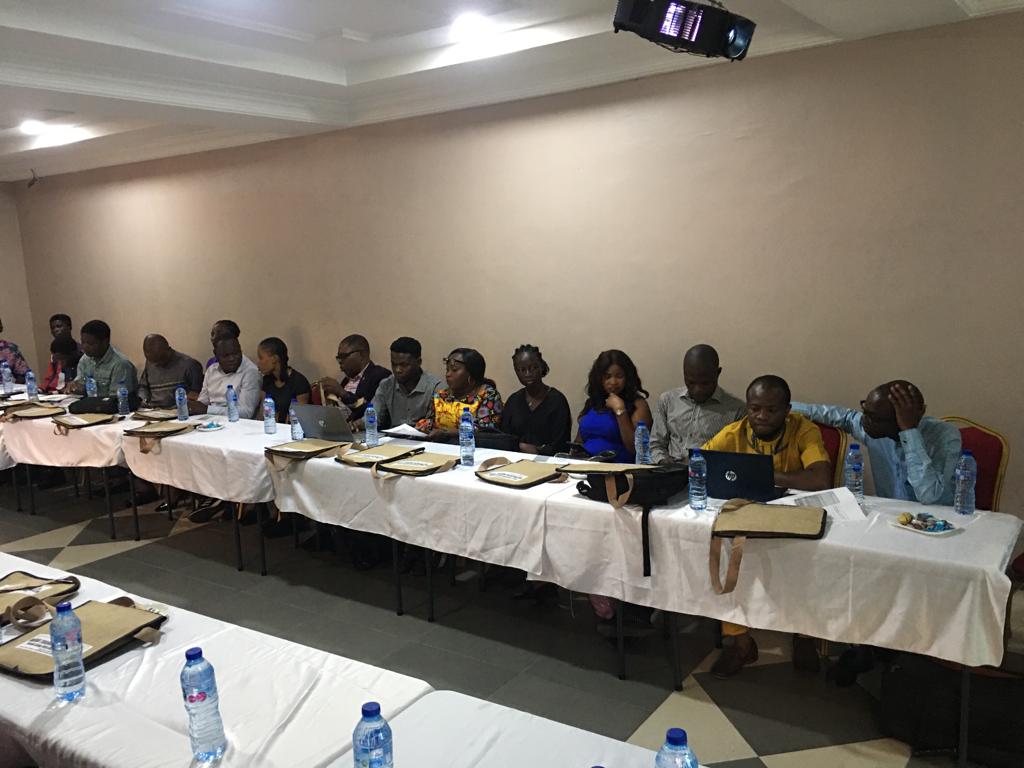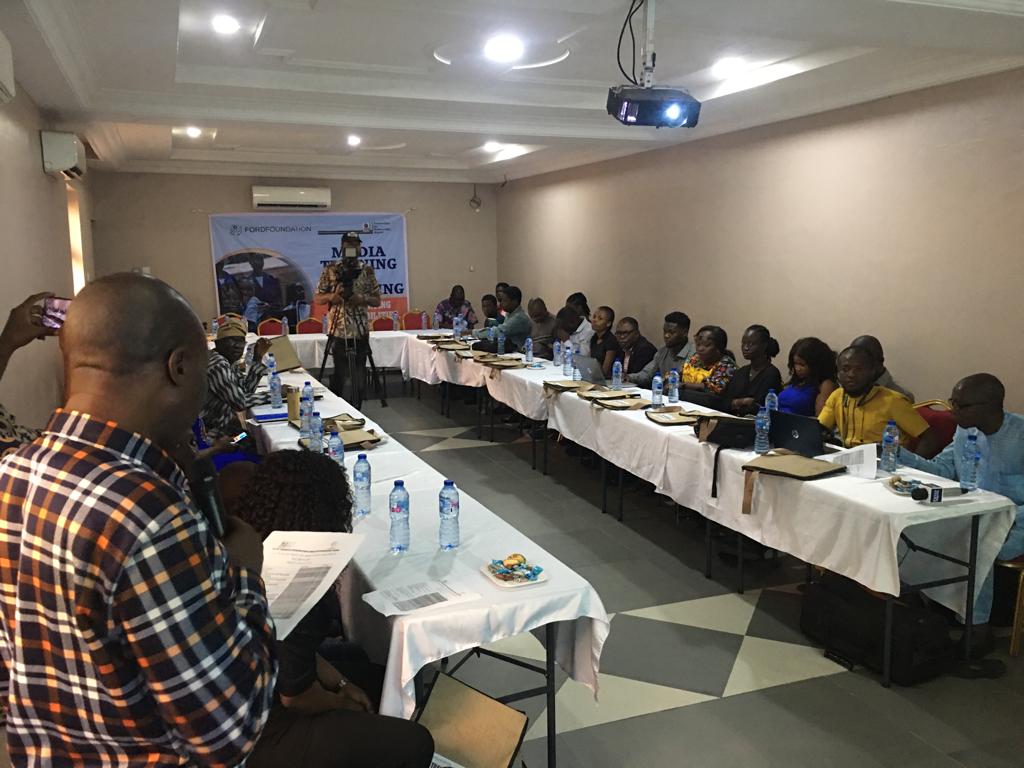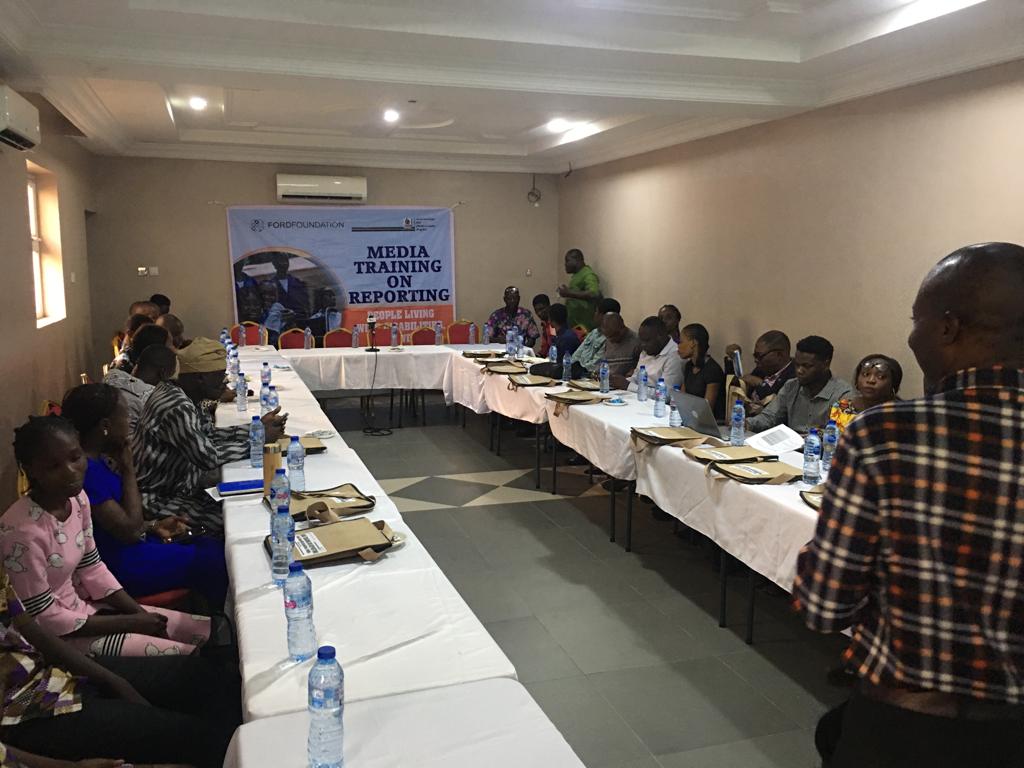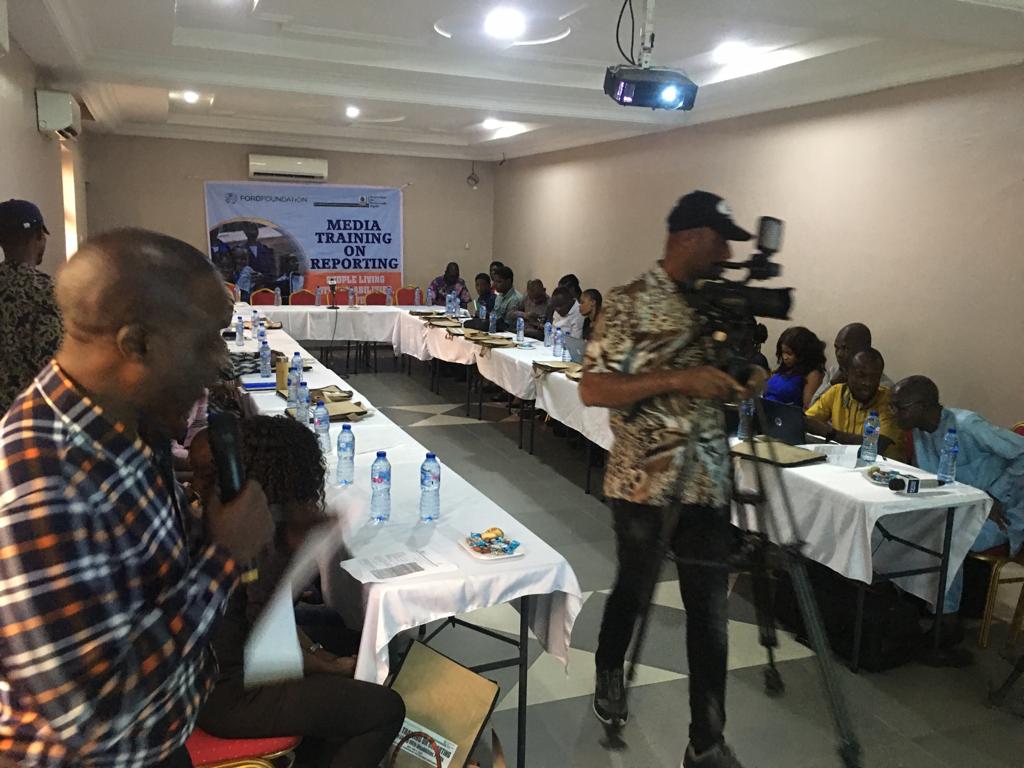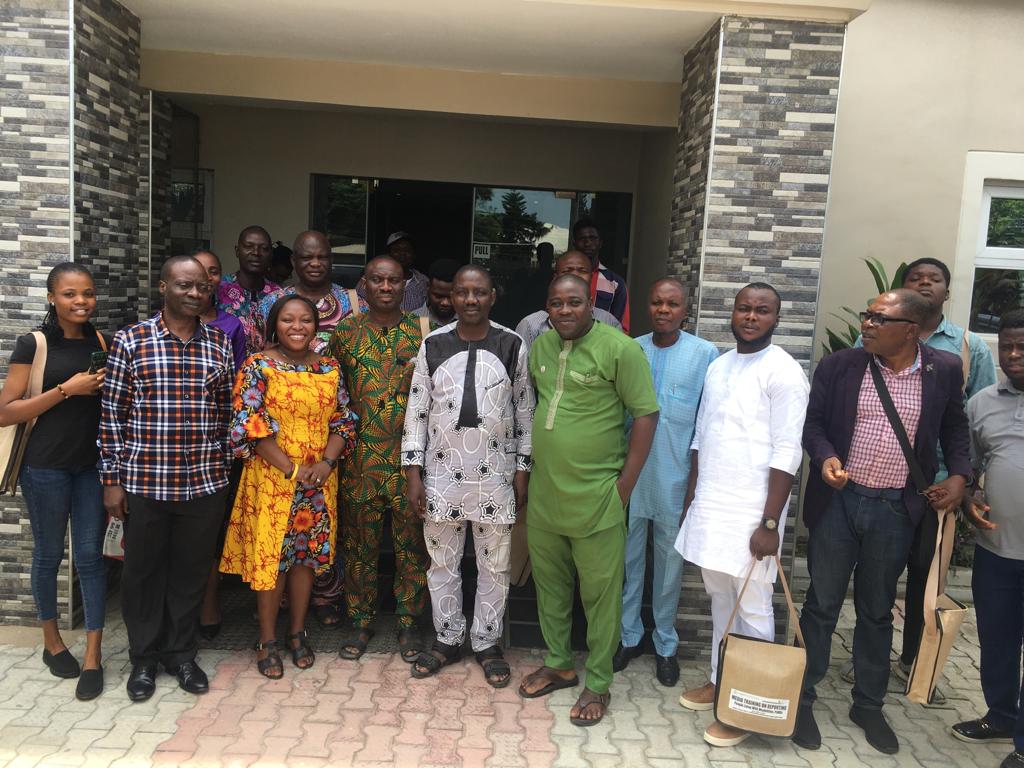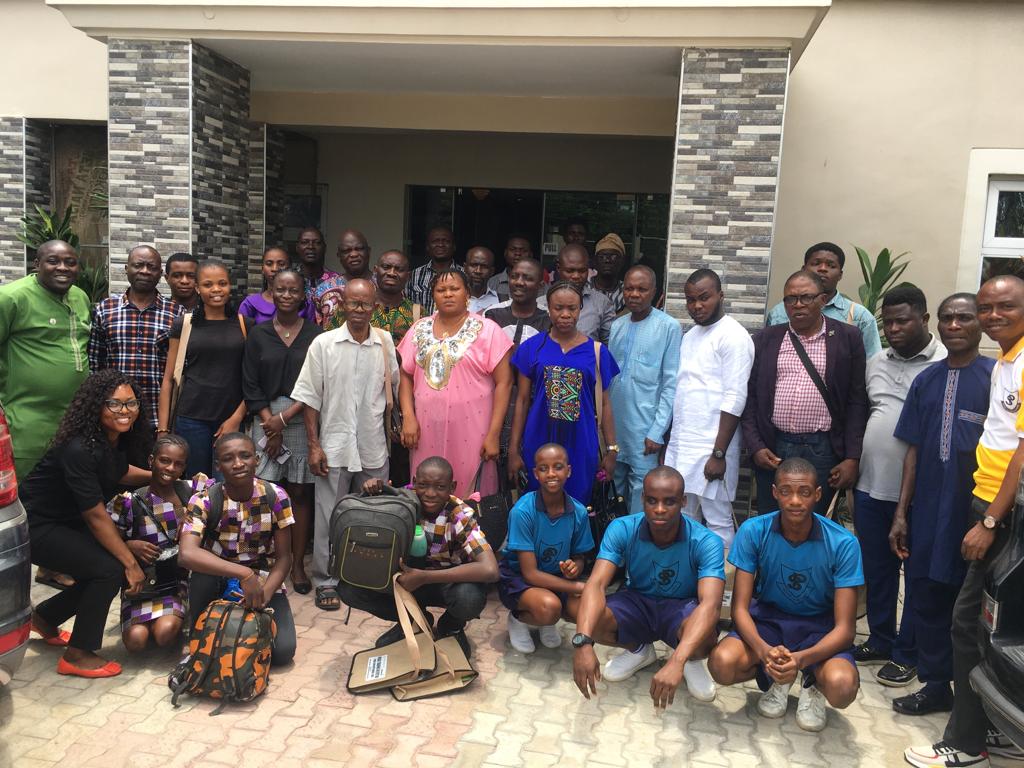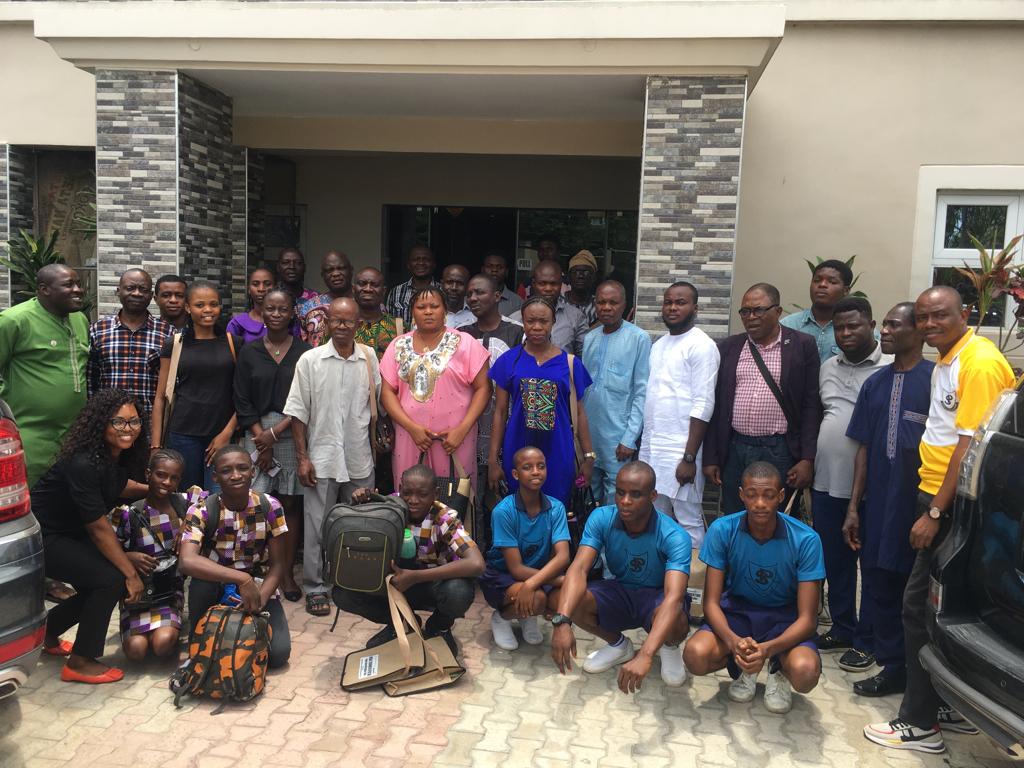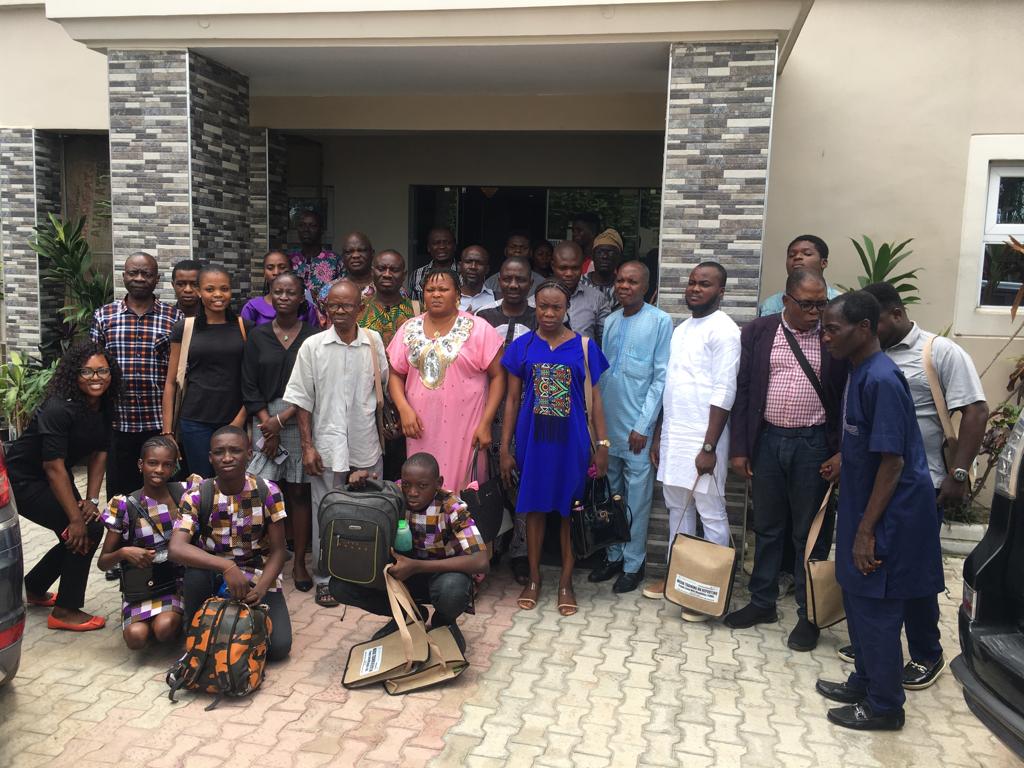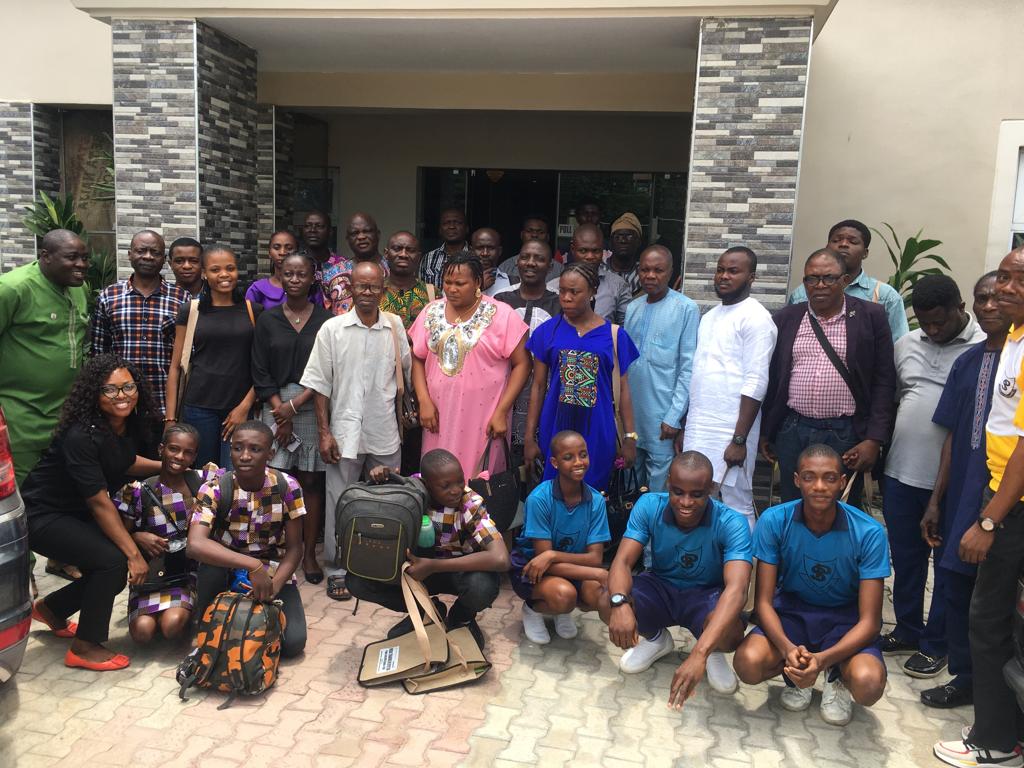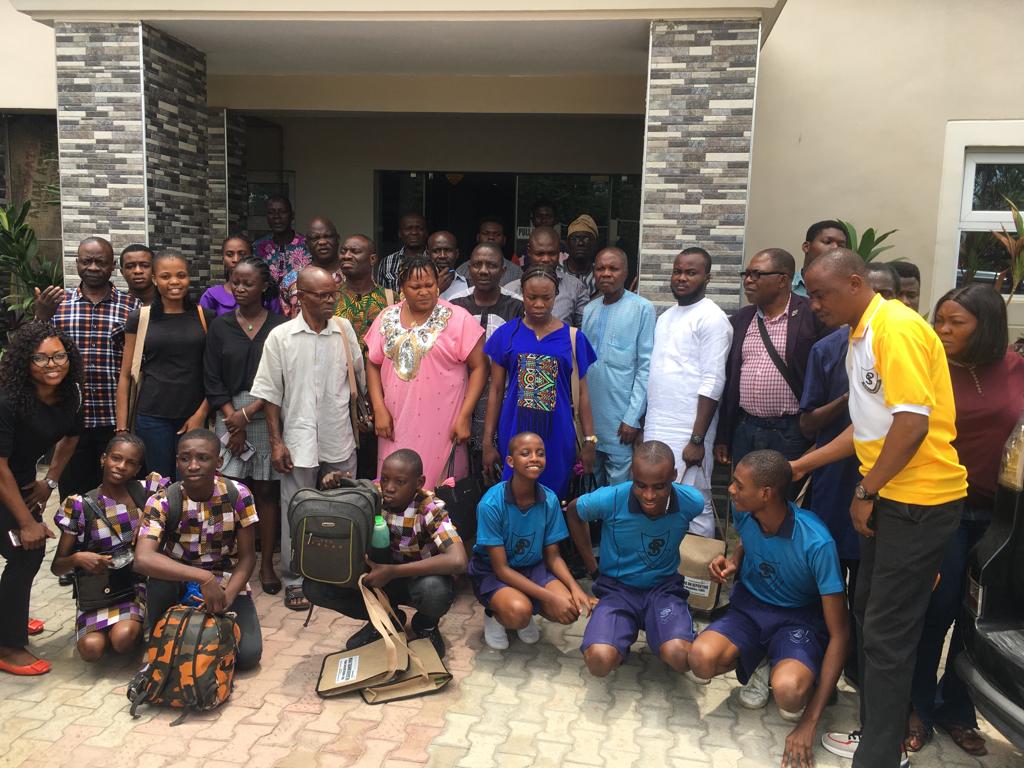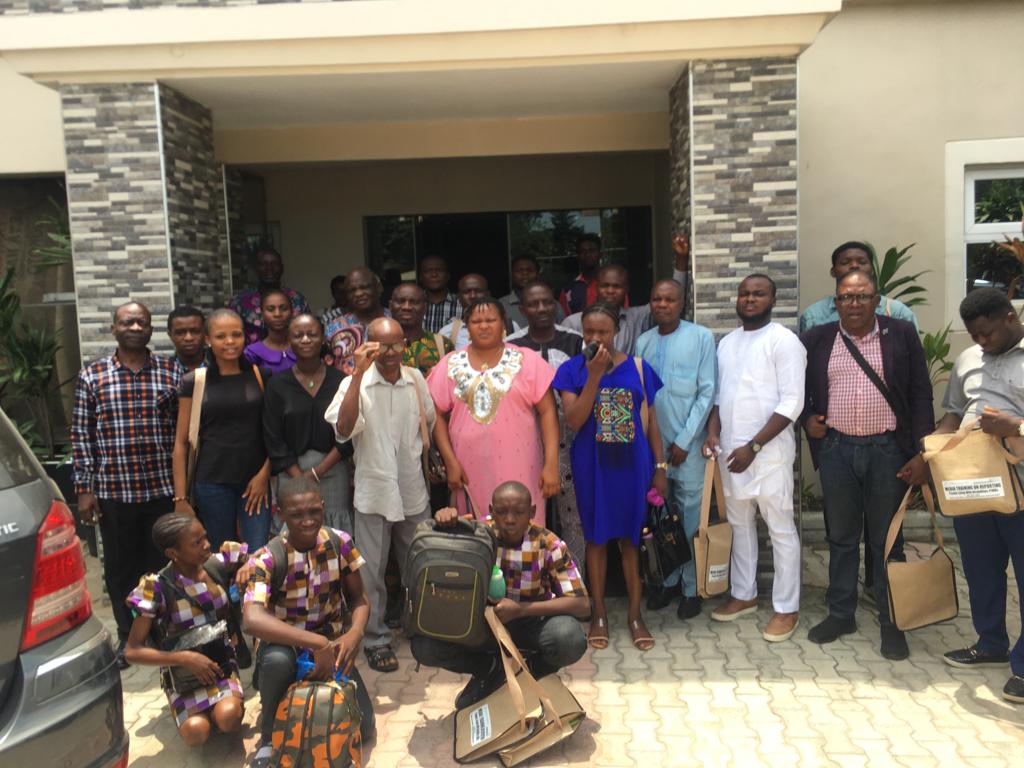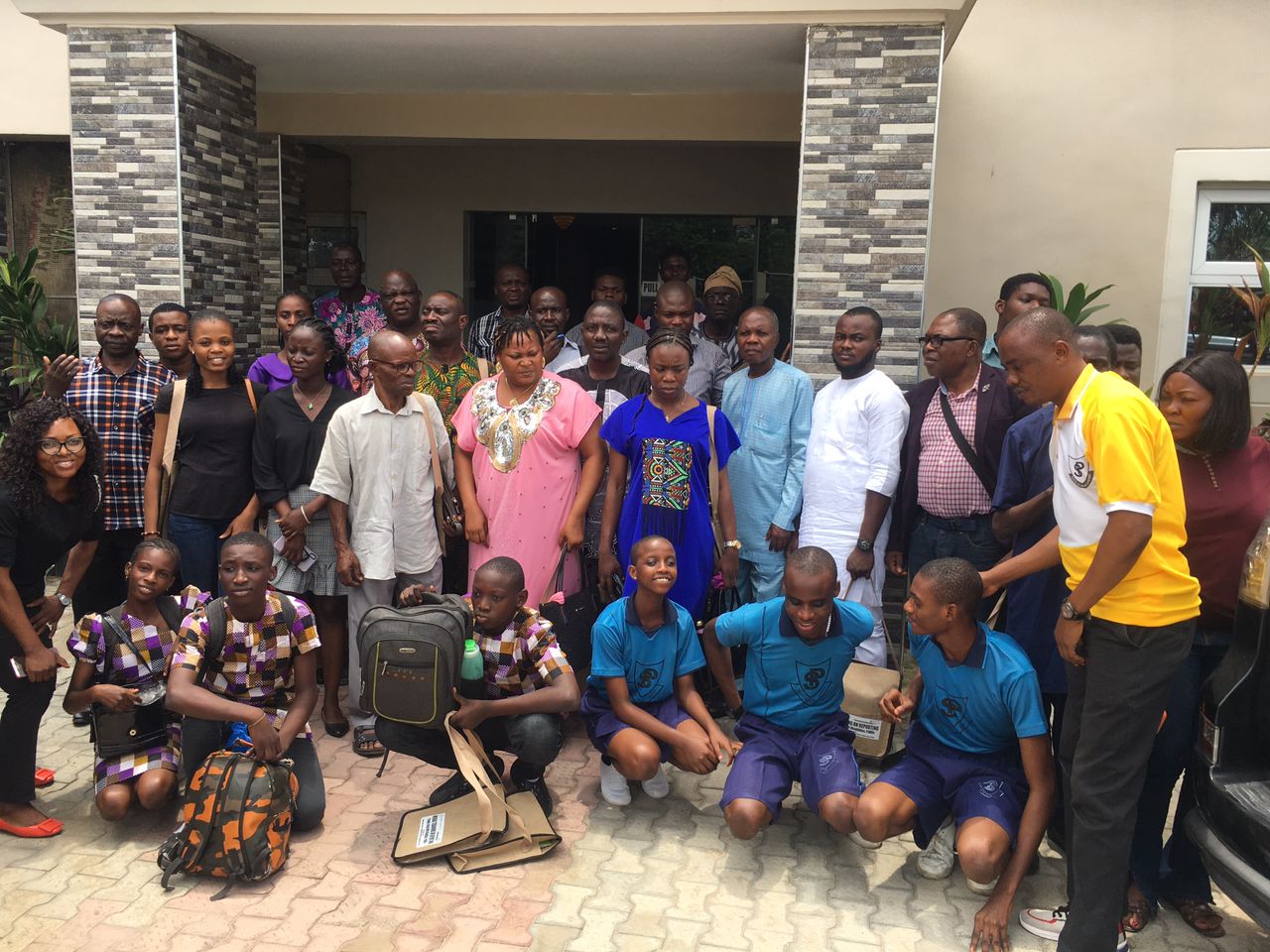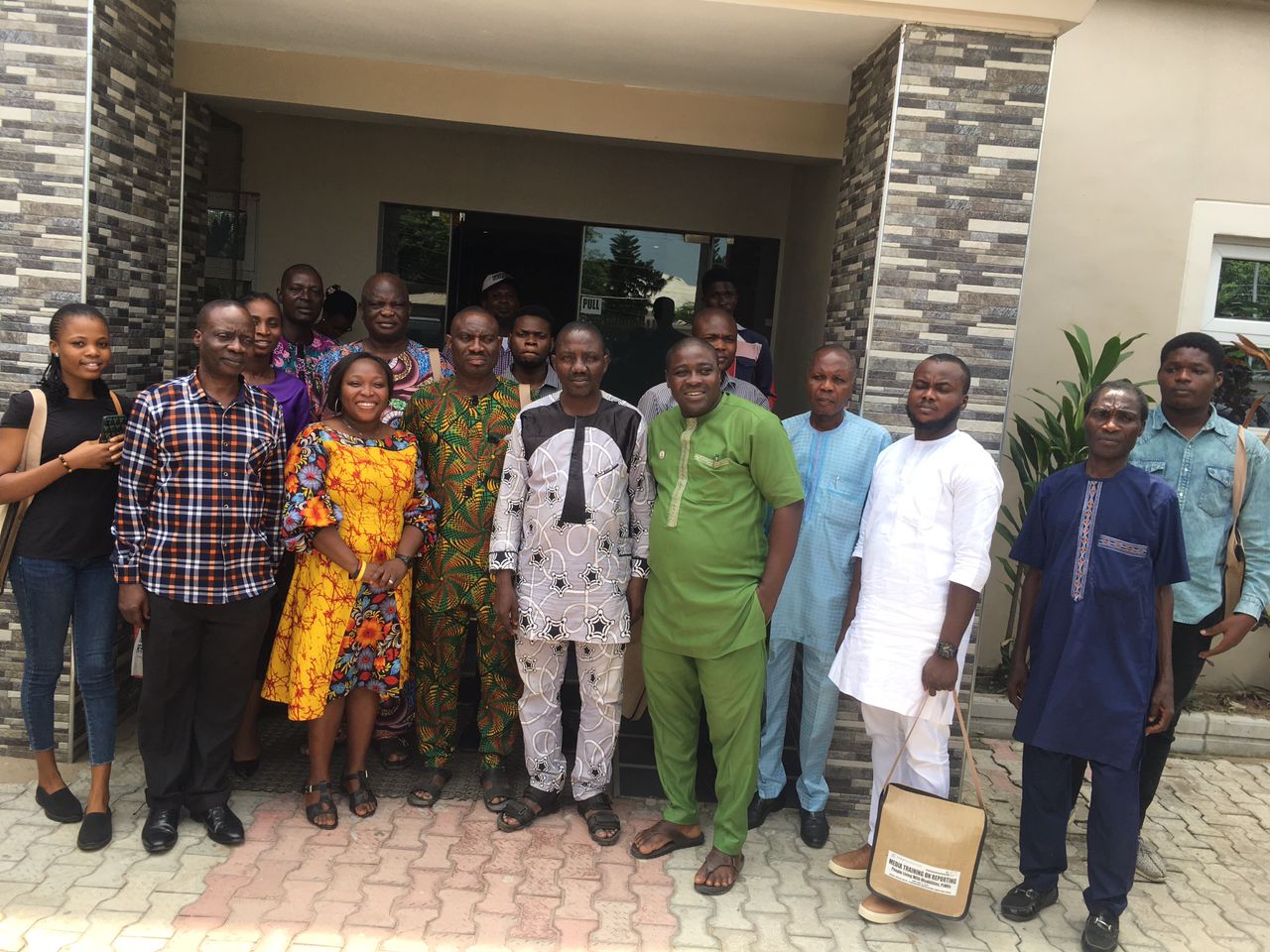By Ologeh Joseph Chibu
Federal, State authorities and media practitioners in Nigeria have been urged to bring into sharp focus the plight of people living with disabilities, especially children.
Some 27million Nigerians-more than the total number of voters in the last national elections- are said to be living with disabilities in the face of the country’s difficult economic fortunes raising more challenges for people that are physically less able.
Whereas, in the last national elections, the electoral umpires did not consider provisions to aid PLWDs while engagements with people with disabilities by political stakeholders in the build up to the elections was absent.
‘The rights of People Living With Disabilities, (PLWDs) is an important human right issue. Democracy and good governance are not complete without equitable focus on the rights of PLWDs. Nigeria needs to meet her international and regional obligations in the rights of people, especially children living with disabilities’, the over 40 participants noted in the communique signed by Mr SegunAbifarin, David Anyaele, Joseph Chibo and Mrs Bukola George.
They noted that the rights of People Living With Disabilities, (PLWDs) is an important human right issue and that democracy and good governance are not complete without equitable focus on the rights of PLWDs.
This was part of the resolution at a one day training for media practitioners in Nigeria held in Lagos with the theme: Training and Capacity Building for Effective Coverage of Disability issues especially as it affects Children.
The training held on Tuesday was organised by the Journalists for Democratic Rights, JODER with the support of Ford Foundation West Africa Regional Office.
The participants also set up a national Media Network for people living with disabilities while a national summit on the Role of Media in promoting the rights of PLWDs was mooted.
Participants regretted that National, State and Local Government budget conception, planning and implementation take little cognisance of PLWDs especially Children with disabilities.
‘Education policies and the construction of Public schools, Public buildings including State and National Assemblies across the country are with little or no considerations for PLWDs.’
They noted further that education of children with disabilities are confined to very few, poorly staffed, poorly equipped and outdated special schools; in the public sphere, with low public awareness on issues of inclusive education, inadequate institutional and human capacities required to implement inclusive education orpoor implementation, or non-availability of appropriate legal policy frameworks required for the implementation of inclusive education for children with disabilities. They listed some causes of disabilities are Chronic obstructive pulmonary disease (COPD), Down Syndrome as a result of genetic disorder, Brain Acquired Injury, spinal cord injury, bipolar disorder, Autism Spectrum Disorder, (ASD) and psychiatric disorder.
‘In Nigeria as in most African countries, some causes of disabilities include communicable diseases, war, terrorism trauma, accidents, congenital and non-infectious diseases’ the participants noted.
Participants noted that the media has done a lot in promoting the rights of PLWDs but the efforts are far from being enough. In some media spaces, PLWDs are still considered as less important in the allocation of media space.
‘Stories concerning PLWDs are treated as sudden events not as a continuum of serious social and economic crisis that the state itself needs to address. Sometimes, in some media houses, disability stories are seen as ‘soft’ stories that should be in the backwater of the media spaces, while terminologies like ‘moron’, ‘disable’, ‘hoodlums’, ‘cripple’ ‘destitute’ are often employed by the media without being conscious of the consequences on the psychology of PLWDs.Disability is defined as ‘a physical or mental condition that limits an individual’s’ movements, senses, and activities.’ Children living with disabilities are denied access to the essentials of life including shelter, education and decent housing which imposes lack of self-esteem on them as they grow up. In Nigeria, for decades, the issue of PLWDs especially children remains a critical index of national, local socio-political and economic discourse.
Some were born with disabilities, while some grow to acquire the status of being physically less able. In all, children and adults being in a situation of less physical ability is not a choice by the person and does not mean the person is total unable. The 2006 National Census indicated that 3,253,169 Nigerians live with disabilities representing some 2.32 percent of the population at the time.
The participants noted that of concern are children living with disabilities in Nigeria, 18.5% children are out of school according to UNICEF, while the World Bank projects that people with disabilities constitute about 15% of populations in developing countries. ‘Between 80-90% of them don’t gain access to basic needs in life especially primary education. Most common disabilities in Nigeria are visual, hear, intellectual, communication and physical impairment. Other causes of disabilities globally are Arthritis, Ischemic heart disease, depression, cancer, stroke and Alzheimer among others.’
In 2011, a Global Report stated that some 25million Nigerians live with disabilities out of which 3.6 million face significant difficulties in functioning. As at 2023 in Nigeria, it is believed that there are some 27million people with disabilities.
Attendants at the training included physically challenged children and men, Development Communications Network, Committee for the Defence of Human Rights, Nigerian Human Rights Community, NIHRCO, Dreamland Foundation for PLWDs, Community Peoples Action Against, AIDs, (COPEAIDs), representatives of the Lagos State Government, Pacelli School for the Blind, Nigerian Automobile Technicians Association, (NATA), Centre for Democracy and Socio Economic Rights, CEDSER, Green Peoples Environmental Network, (GREPNET), Centre for Citizens with Disabilities, (CECD), members of the Nigerian Guild of Editors, Nigerian Union of Journalists, (NUJ), Labour among many others. Over 40 journalists and civil right leaders participated in the training.
